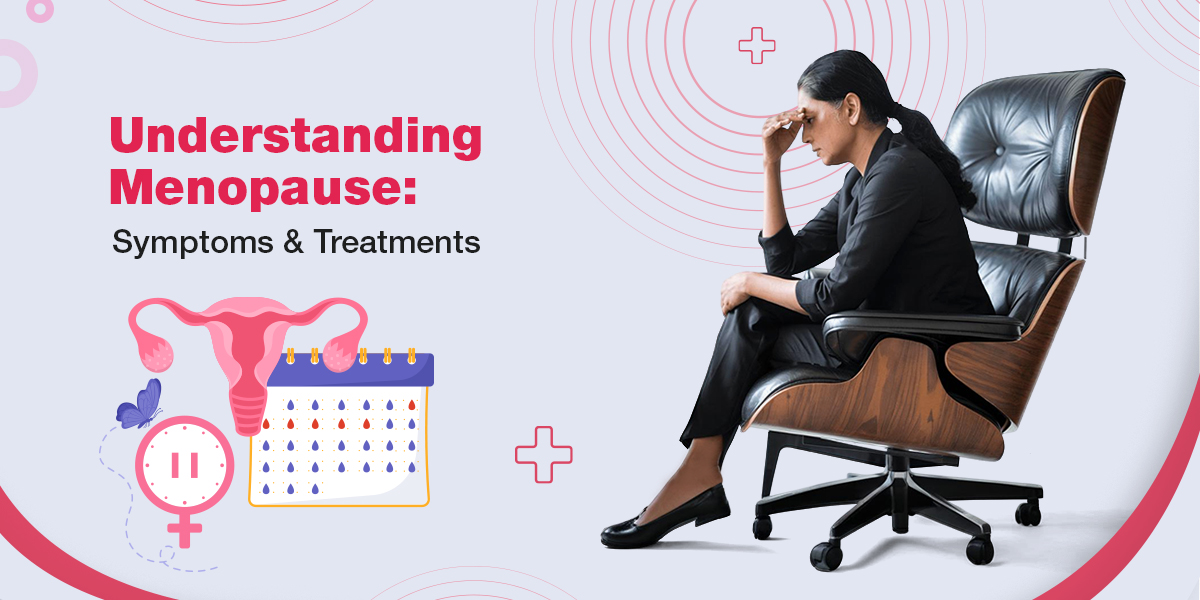Menopause is a deeply personal journey that marks a significant transition in a woman’s life. Yet, it often carries a sense of mystery, stigma, or even fear. For too long, menopause has been misunderstood or shrouded in silence, leaving many women feeling alone as they navigate the changes it brings. It’s time to break that silence, foster understanding, and create a supportive space for women during this life stage.
This is not just about managing menopause symptoms, it’s about thriving through change, reclaiming your body, and embracing the next chapter of your life with confidence and grace.
What is menopause?
Menopause is a natural biological milestone, not an illness or something to “fix.” It’s officially diagnosed after 12 consecutive months without a menstrual period, typically occurring between ages 45 and 55. However, the journey toward menopause, called perimenopause, can begin years earlier, bringing hormonal fluctuations and various symptoms.
This transition unfolds in three stages:
1. Perimenopause: A time of hormonal changes where periods may become irregular, and symptoms like hot flashes and mood swings can appear.
2. Menopause: The moment when your body says goodbye to monthly cycles and enters a new rhythm.
3. Postmenopause: Life after menopause, where symptoms may lessen, but it’s also a time to prioritize bone and heart health.
What Are The Symptoms of Menopause?
Many women enter menopause feeling unprepared. We don’t talk about it enough—not with our doctors, our loved ones, or even each other. But knowledge is power, and understanding what’s happening in your body can help you take control of your health and well-being.
Every woman’s experience is different, but some common menopause symptoms include:
• Hot Flashes and Night Sweats: Those sudden waves of heat can feel overwhelming, but they’re a normal response to hormonal changes.
• Sleep Disturbances: Tossing and turning at night can leave you drained, but you’re not alone in this struggle.
• Mood Swings: There will be emotional highs and lows, so learn to acknowledge them without judgment.
• Vaginal Dryness: It’s okay to talk about this. There are solutions to make intimacy more comfortable.
• Brain Fog: Failing to remember where you put your keys or other things doesn’t mean you’re losing yourself, it’s just part of the transition.
If you’re feeling overwhelmed, remember: These changes are temporary, and there’s help available.
Breaking the Myths
Let’s clear the air about menopause:
• Myth: Menopause means the end of vitality.
Truth: Menopause is a beginning, not an end. Many women find renewed energy, focus, and freedom during this phase.
• Myth: You should just “push through” menopause symptoms.
Truth: You deserve support, whether through lifestyle changes, therapy, or medical care.
How to Navigate This Chapter with Confidence
You don’t have to face menopause alone. Here are ways to take charge:
1. Listen to Your Body: Your symptoms are valid. Track how you feel and share this with your doctor.
2. Embrace Movement: Yoga, walking, or strength training can improve your mood, ease symptoms, and protect your bones.
3. Prioritize Self-Care: Be it journaling, meditation, or simply saying “no” when you’re stretched thin, self-care matters.
4. Explore menopause treatment options: Hormone replacement therapy, among other menopause treatments, may be life-altering for some women. Be sure to discuss this openly with your healthcare provider regarding what is best for you.
5. Build Your Support System: Share your journey with friends, join support groups, or talk to a therapist. Connection is healing.
Thriving Beyond Menopause
Menopause isn’t the end of anything—it’s the start of a new, vibrant chapter. This is a time to celebrate your resilience and embrace who you are without apology. The wisdom and clarity you’ve gained through life are your superpowers.
If you’re in the midst of this transition, know that you are not alone. Millions of women walk this path with you, each carrying their unique story. Together, we can rewrite the narrative around menopause, turning it from a taboo topic into a celebration of strength, growth, and new possibilities.
Remember, you deserve care, understanding, and joy. Always.
Frequently Asked Questions
1. When does menopause usually happen?
Ans: It typically occurs between ages 45 and 55. For some women, it may happen earlier due to surgery, medical treatments, or family history.
2. How long do menopause symptoms last?
Ans: Symptoms can last a few years, but it varies for each woman. Some may have symptoms for 4–5 years or longer.
3. Can menopause cause weight gain?
Ans: Yes, hormonal changes can slow metabolism, making it easier to gain weight. A healthy diet and regular exercise can help.
4. Is hormone therapy safe?
Ans: Hormone therapy can help with symptoms but isn’t for everyone. Speak to a doctor to see if it’s right for you.
5. Can I still get pregnant during menopause?
Ans: Until you’ve gone 12 months without a period, pregnancy is still possible. Use birth control if you don’t want to conceive.
6. Does menopause affect bone health?
Ans: Yes, menopause can cause bone loss, increasing the risk of osteoporosis. Calcium, vitamin D, and exercise can help.

